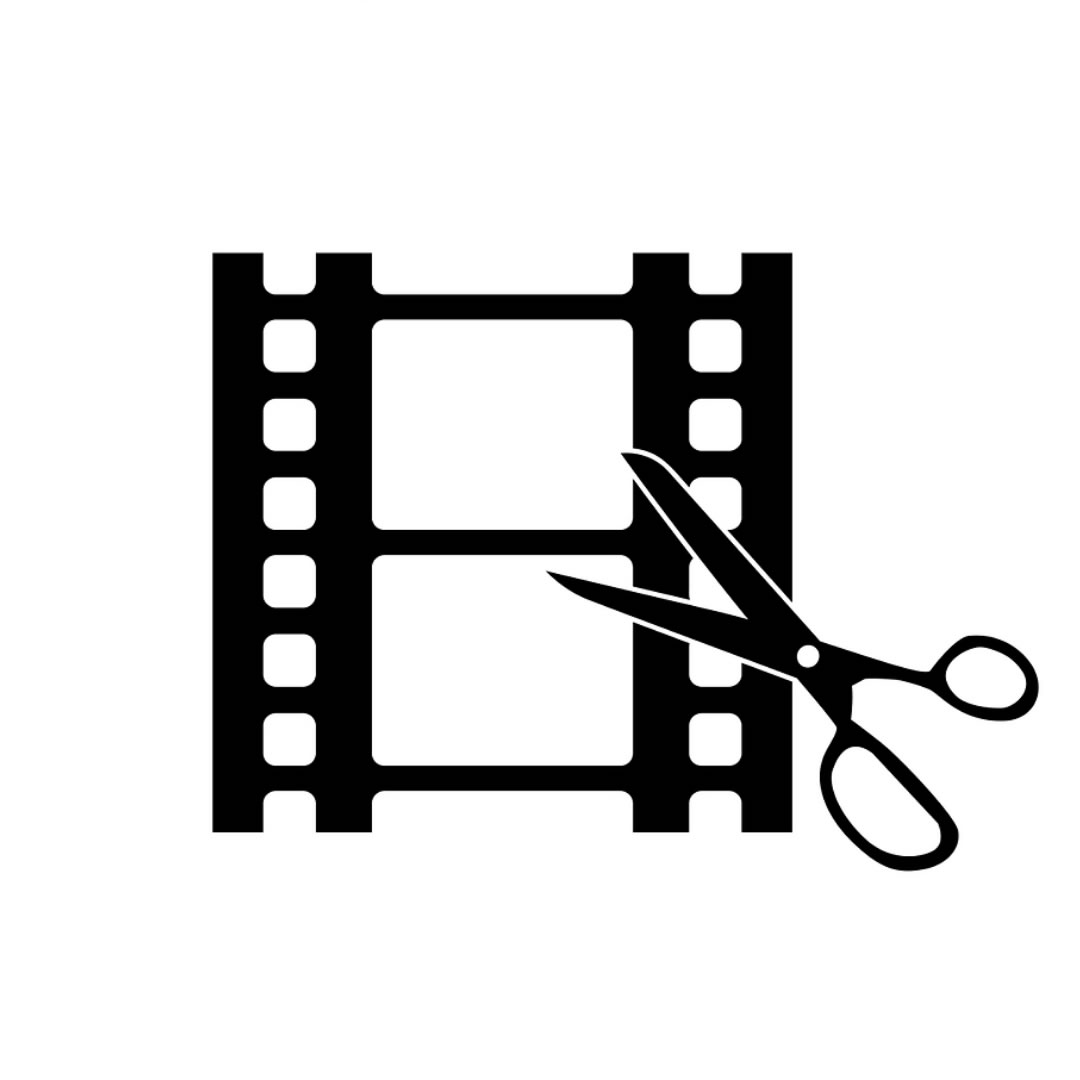


Self-management

Self-management
Claire Cain Miller from The New York Times draws attention to recent research which shows "that empathy makes people better managers and workers, and better family members and friends. But it’s bigger than just its personal effect. We’re all in this together, and researchers say that connection and compassion are crucial to a sustainable and humane future. ". The ability to understand and share the feelings of another is a sought-after skill in all work environments. How do you cultivate empathy? How can you show your prospective employer? Here’s a couple of prompts that might help you get started:
Check out our learning platform!


Self-management

Self-management
The ability to stay motivated, even if something goes wrong, is an important and sought-after skill. Here’s a couple of examples that might help you demonstrate this ability:
Check out our learning platform!


Self-management

Self-management
Chances are that you will have to work on different projects simultaneously. If you’re able to effectively manage multiple assignments and ensure that all of them get the attention they deserve, you should consider mentioning this skill in your video CV. You could answer questions such as:
Check out our learning platform!


Self-management

Self-management
Time management is an important and sought-after skill, and if that’s something you’re good at, you should definitely mention it. How can you demonstrate that you’re well organised? In your video CV, you might answer questions such as:
Check out our learning platform!


Execution

Execution
Even if you do not own a camera and professional editing software, there’s plenty of resources that you consider. Here’s a couple of suggestions:
Check out our learning platform!


Execution

Execution
It is easy to underestimate the amount of work that goes into editing your video. It’s predominantly a technical process, but the creative aspects are crucial to the success of your story. We suggest using WeVideo, which is an online, cloud-based video editing platform that works in web browsers and on mobile devices (Android and iOS) but there are many alternatives. For example:
Check out our learning platform!


Creativity

Creativity
Creativity is one of the competences essential to problem solving. Rules, guidelines and best practice manuals are helpful and can get you a result but they are not always available. Furthermore, in order to achieve extraordinary results, everyone needs to sometimes think “outside the box”. Demonstrate your problem-solving skills by answering the questions below 👇
Check out our learning platform!


Execution

Execution
Filming Checklist: audio
Check out our learning platform!
